S. KOREA'S PLAN ON VACCINE DISTRIBUTION
입력 2020.12.21 (16:32)
수정 2020.12.21 (16:57)
읽어주기 기능은 크롬기반의
브라우저에서만 사용하실 수 있습니다.
[Anchor Lead]
With vaccinations for the coronavirus being rolled out in countries like the U.S. and the U.K., concerns are rising that South Korea is lagging behind in the procurement of the vaccines. Prime Minister Chung Sye-kyun says the nation may be able to start inoculations from February next year. Here is more.
[Pkg]
Prime Minister Chung Sye-kyun said the Ministry of Food and Drug Safety will likely approve the use of a vaccine produced by AstraZeneca in South Korea early next year. The ministry is now verifying the clinical trial details and efficacy of the AstraZeneca vaccine. The prime minister predicted the first batch of doses would be available in the first half of next year and therefore vaccinations would begin in phases as early as February or March at the latest.
[Soundbite] CHUNG SYE-KYUN(PRIME MINISTER) : "We want to begin in February. But it could be March, since they have not made a promise to deliver shots in February."
However, South Korea has not yet obtained agreements from other pharmaceutical companies, including Pfizer, Moderna and Janssen, that they will supply shots in the first quarter. The government said it is nearing contracts with the three drugmakers. Therefore, South Koreans will unlikely receive shots produced by the three firms in the first quarter of 2021. Chung explained about why the nation is lagging behind in the procurement of COVID-19 vaccines. He said when the government launched a task force on coronavirus vaccine procurement in July, the number of domestic daily infections stood at around 100, therefore it did not think at the time that it was necessary to rush procurement. Chung explained the U.S. and the U.K. had to run the risk and pay expenses for developing coronavirus vaccines, as they have been suffering from a staggering number of infections and casualties. He added the contracts the countries had with the firms could only be different to Korea because vaccines were their priority.
[Soundbite] CHUNG SYE-KYUN(PRIME MINISTER) : "Countries with huge numbers of infections must be heavily dependent on vaccines, since they cannot keep the situation under control through other anti-virus measures."
Chung acknowledged that the ultimate solutions to battling the pandemic are effective anti-virus measures as well as treatment and vaccines. He also expected a domestic pharmaceutical company to produce a home-grown vaccine late next year.
With vaccinations for the coronavirus being rolled out in countries like the U.S. and the U.K., concerns are rising that South Korea is lagging behind in the procurement of the vaccines. Prime Minister Chung Sye-kyun says the nation may be able to start inoculations from February next year. Here is more.
[Pkg]
Prime Minister Chung Sye-kyun said the Ministry of Food and Drug Safety will likely approve the use of a vaccine produced by AstraZeneca in South Korea early next year. The ministry is now verifying the clinical trial details and efficacy of the AstraZeneca vaccine. The prime minister predicted the first batch of doses would be available in the first half of next year and therefore vaccinations would begin in phases as early as February or March at the latest.
[Soundbite] CHUNG SYE-KYUN(PRIME MINISTER) : "We want to begin in February. But it could be March, since they have not made a promise to deliver shots in February."
However, South Korea has not yet obtained agreements from other pharmaceutical companies, including Pfizer, Moderna and Janssen, that they will supply shots in the first quarter. The government said it is nearing contracts with the three drugmakers. Therefore, South Koreans will unlikely receive shots produced by the three firms in the first quarter of 2021. Chung explained about why the nation is lagging behind in the procurement of COVID-19 vaccines. He said when the government launched a task force on coronavirus vaccine procurement in July, the number of domestic daily infections stood at around 100, therefore it did not think at the time that it was necessary to rush procurement. Chung explained the U.S. and the U.K. had to run the risk and pay expenses for developing coronavirus vaccines, as they have been suffering from a staggering number of infections and casualties. He added the contracts the countries had with the firms could only be different to Korea because vaccines were their priority.
[Soundbite] CHUNG SYE-KYUN(PRIME MINISTER) : "Countries with huge numbers of infections must be heavily dependent on vaccines, since they cannot keep the situation under control through other anti-virus measures."
Chung acknowledged that the ultimate solutions to battling the pandemic are effective anti-virus measures as well as treatment and vaccines. He also expected a domestic pharmaceutical company to produce a home-grown vaccine late next year.
■ 제보하기
▷ 카카오톡 : 'KBS제보' 검색, 채널 추가
▷ 전화 : 02-781-1234, 4444
▷ 이메일 : kbs1234@kbs.co.kr
▷ 유튜브, 네이버, 카카오에서도 KBS뉴스를 구독해주세요!
- S. KOREA'S PLAN ON VACCINE DISTRIBUTION
-
- 입력 2020-12-21 16:32:31
- 수정2020-12-21 16:57:53
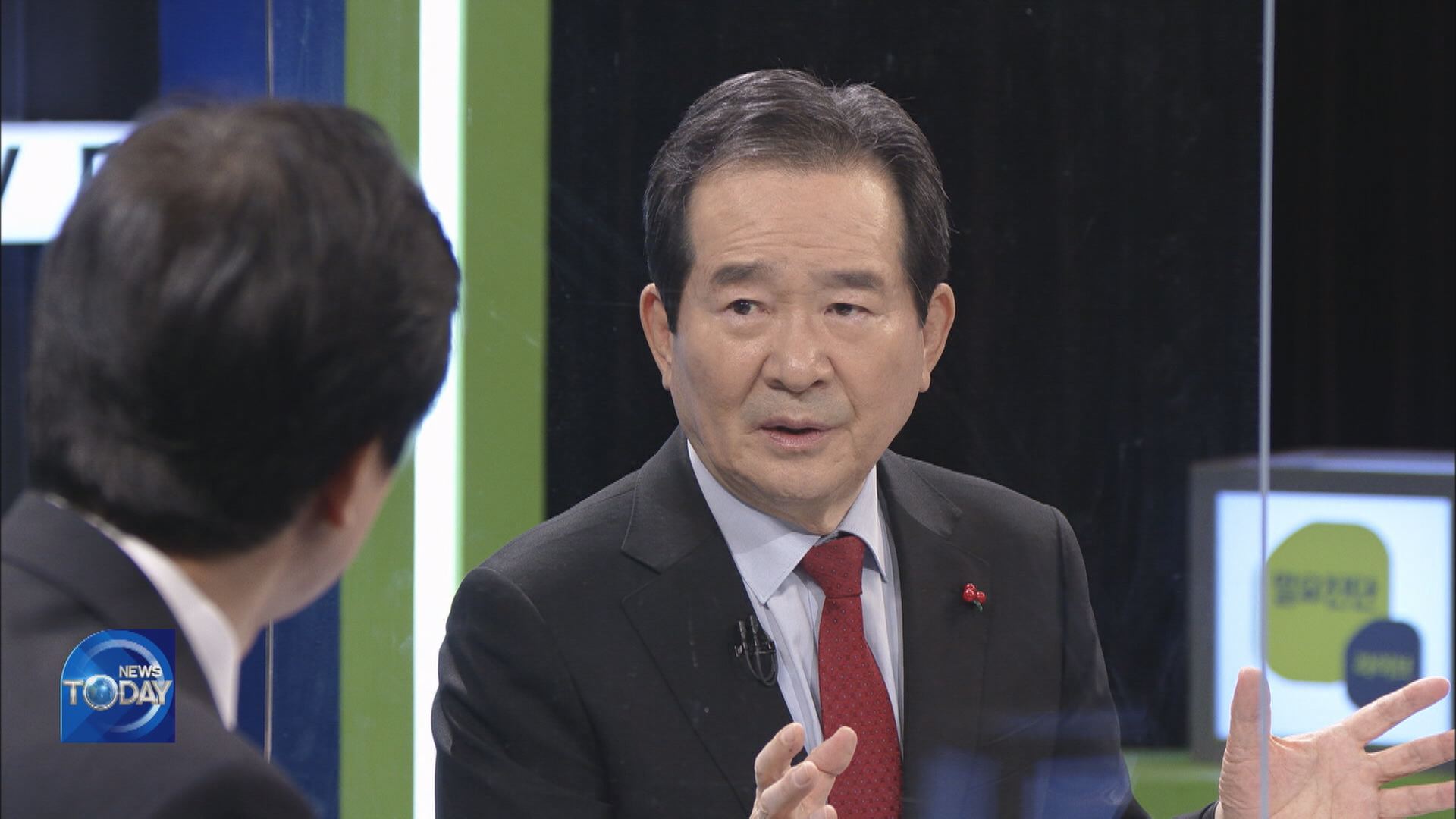
[Anchor Lead]
With vaccinations for the coronavirus being rolled out in countries like the U.S. and the U.K., concerns are rising that South Korea is lagging behind in the procurement of the vaccines. Prime Minister Chung Sye-kyun says the nation may be able to start inoculations from February next year. Here is more.
[Pkg]
Prime Minister Chung Sye-kyun said the Ministry of Food and Drug Safety will likely approve the use of a vaccine produced by AstraZeneca in South Korea early next year. The ministry is now verifying the clinical trial details and efficacy of the AstraZeneca vaccine. The prime minister predicted the first batch of doses would be available in the first half of next year and therefore vaccinations would begin in phases as early as February or March at the latest.
[Soundbite] CHUNG SYE-KYUN(PRIME MINISTER) : "We want to begin in February. But it could be March, since they have not made a promise to deliver shots in February."
However, South Korea has not yet obtained agreements from other pharmaceutical companies, including Pfizer, Moderna and Janssen, that they will supply shots in the first quarter. The government said it is nearing contracts with the three drugmakers. Therefore, South Koreans will unlikely receive shots produced by the three firms in the first quarter of 2021. Chung explained about why the nation is lagging behind in the procurement of COVID-19 vaccines. He said when the government launched a task force on coronavirus vaccine procurement in July, the number of domestic daily infections stood at around 100, therefore it did not think at the time that it was necessary to rush procurement. Chung explained the U.S. and the U.K. had to run the risk and pay expenses for developing coronavirus vaccines, as they have been suffering from a staggering number of infections and casualties. He added the contracts the countries had with the firms could only be different to Korea because vaccines were their priority.
[Soundbite] CHUNG SYE-KYUN(PRIME MINISTER) : "Countries with huge numbers of infections must be heavily dependent on vaccines, since they cannot keep the situation under control through other anti-virus measures."
Chung acknowledged that the ultimate solutions to battling the pandemic are effective anti-virus measures as well as treatment and vaccines. He also expected a domestic pharmaceutical company to produce a home-grown vaccine late next year.
With vaccinations for the coronavirus being rolled out in countries like the U.S. and the U.K., concerns are rising that South Korea is lagging behind in the procurement of the vaccines. Prime Minister Chung Sye-kyun says the nation may be able to start inoculations from February next year. Here is more.
[Pkg]
Prime Minister Chung Sye-kyun said the Ministry of Food and Drug Safety will likely approve the use of a vaccine produced by AstraZeneca in South Korea early next year. The ministry is now verifying the clinical trial details and efficacy of the AstraZeneca vaccine. The prime minister predicted the first batch of doses would be available in the first half of next year and therefore vaccinations would begin in phases as early as February or March at the latest.
[Soundbite] CHUNG SYE-KYUN(PRIME MINISTER) : "We want to begin in February. But it could be March, since they have not made a promise to deliver shots in February."
However, South Korea has not yet obtained agreements from other pharmaceutical companies, including Pfizer, Moderna and Janssen, that they will supply shots in the first quarter. The government said it is nearing contracts with the three drugmakers. Therefore, South Koreans will unlikely receive shots produced by the three firms in the first quarter of 2021. Chung explained about why the nation is lagging behind in the procurement of COVID-19 vaccines. He said when the government launched a task force on coronavirus vaccine procurement in July, the number of domestic daily infections stood at around 100, therefore it did not think at the time that it was necessary to rush procurement. Chung explained the U.S. and the U.K. had to run the risk and pay expenses for developing coronavirus vaccines, as they have been suffering from a staggering number of infections and casualties. He added the contracts the countries had with the firms could only be different to Korea because vaccines were their priority.
[Soundbite] CHUNG SYE-KYUN(PRIME MINISTER) : "Countries with huge numbers of infections must be heavily dependent on vaccines, since they cannot keep the situation under control through other anti-virus measures."
Chung acknowledged that the ultimate solutions to battling the pandemic are effective anti-virus measures as well as treatment and vaccines. He also expected a domestic pharmaceutical company to produce a home-grown vaccine late next year.
이 기사가 좋으셨다면
-
좋아요
0
-
응원해요
0
-
후속 원해요
0










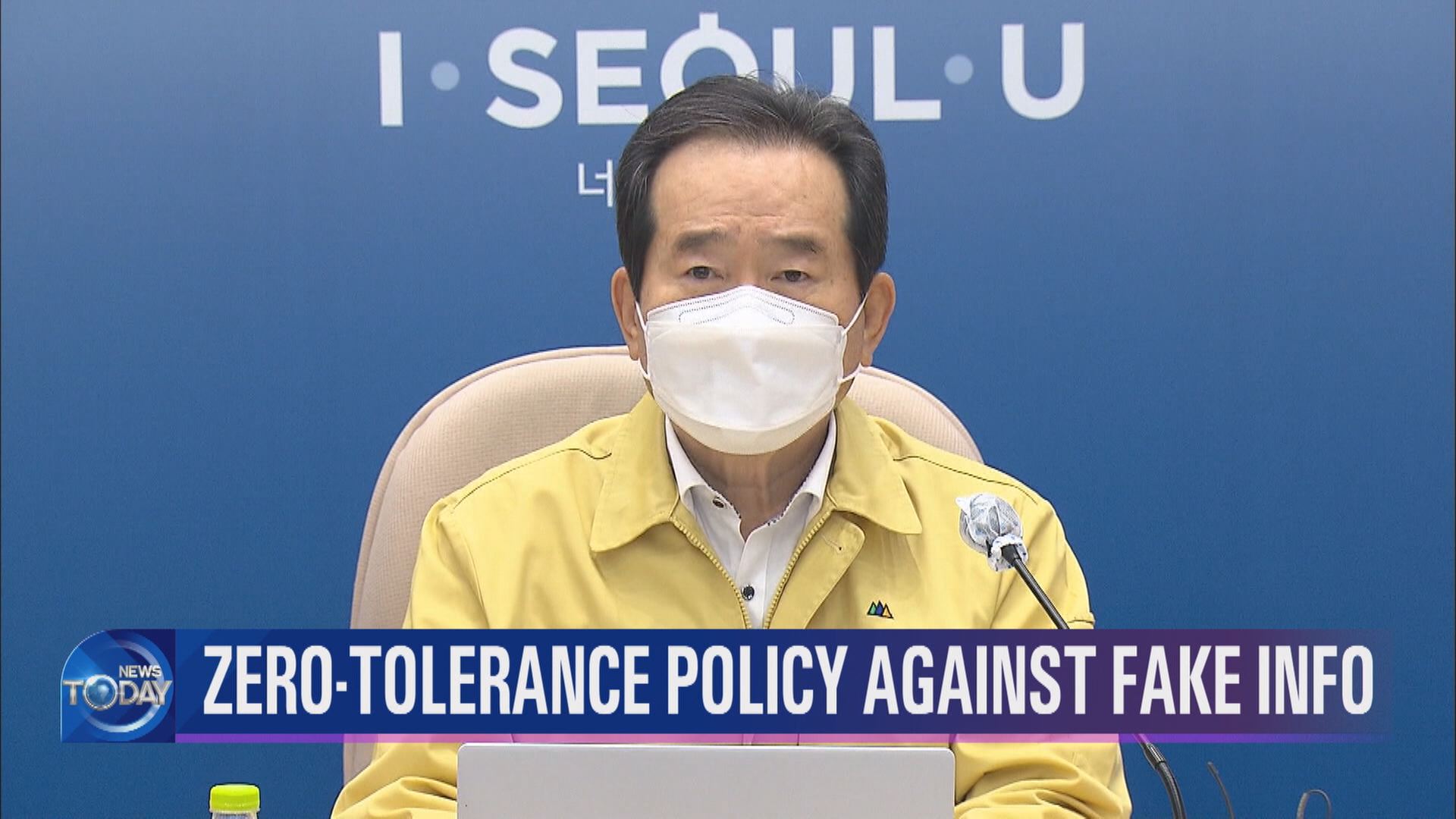
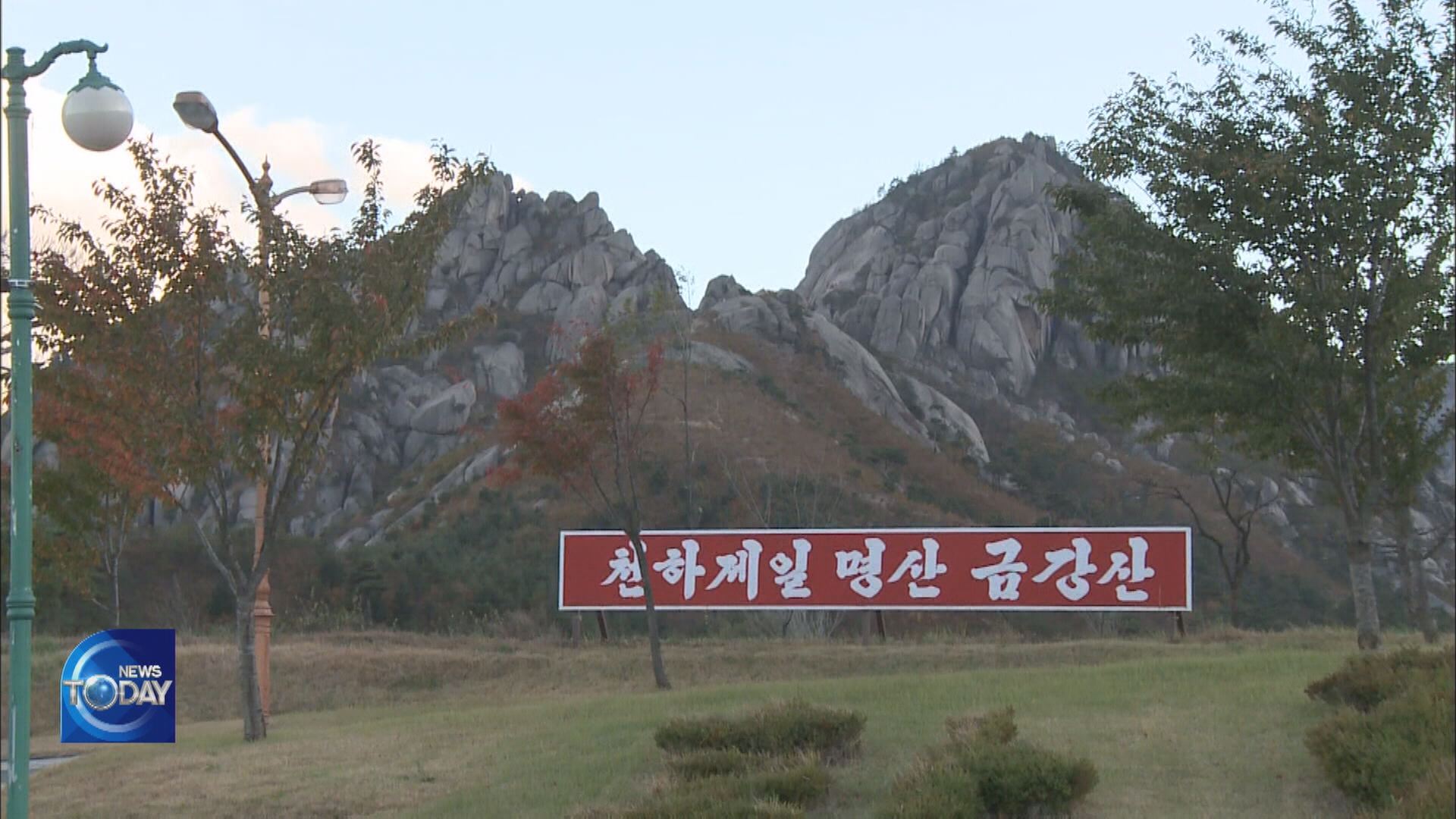
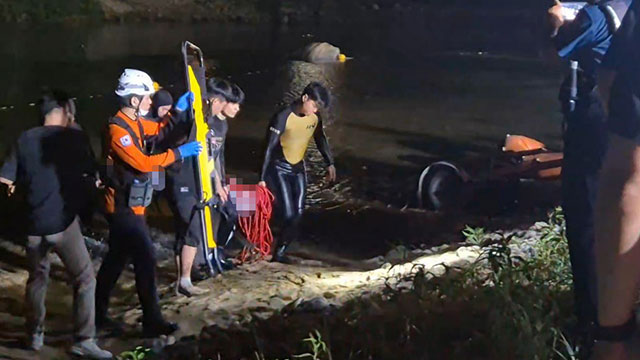
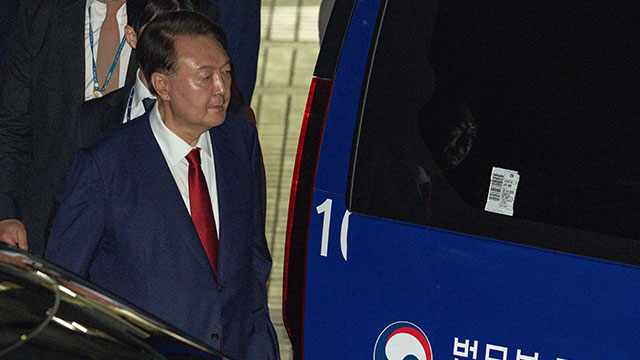
![[단독] ‘공천개입 핵심 물증’ 윤상현 휴대전화 미제출…야간 추가 압수수색도 실패](/data/layer/904/2025/07/20250709_dRidEM.png)
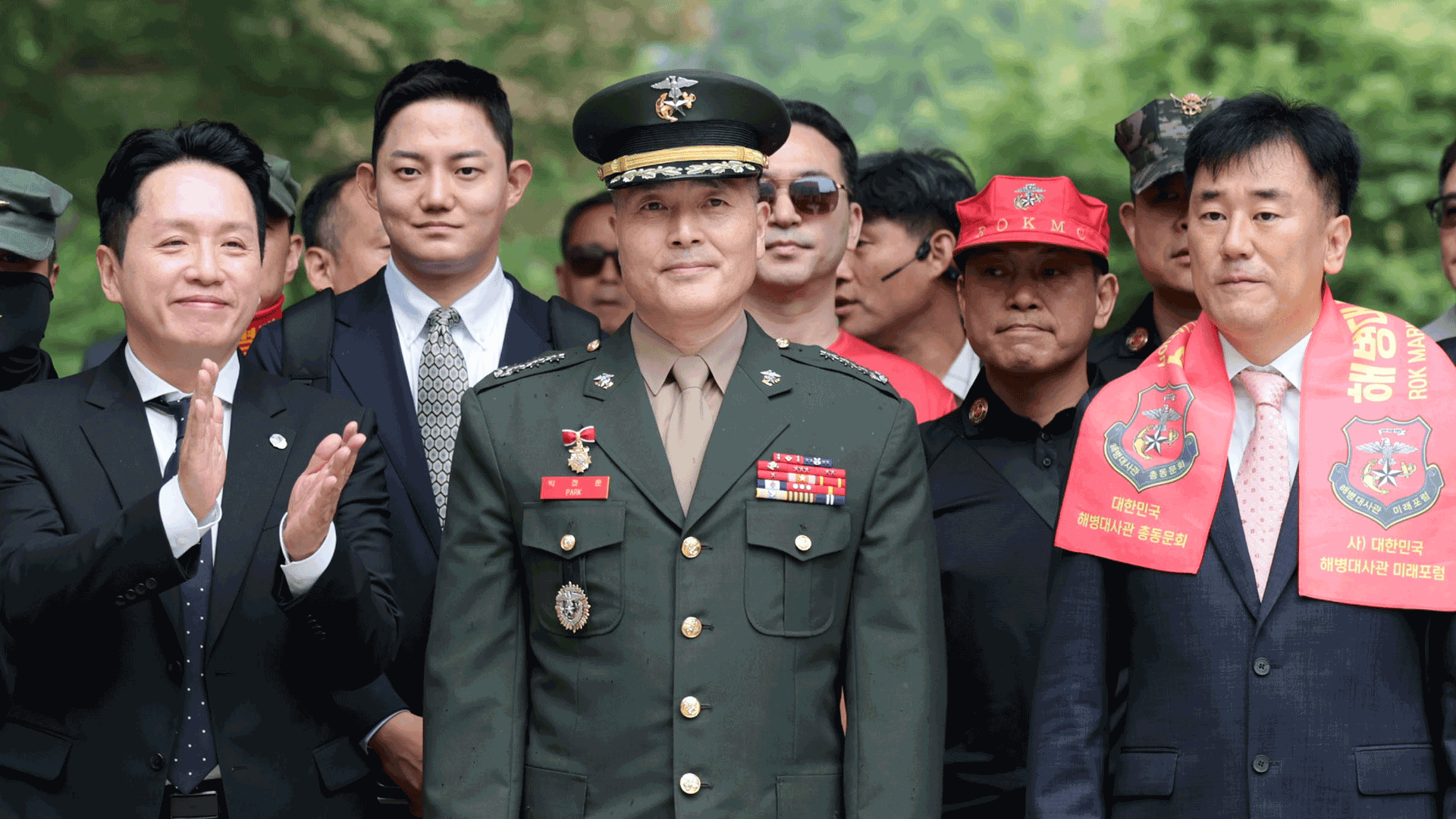

이 기사에 대한 의견을 남겨주세요.